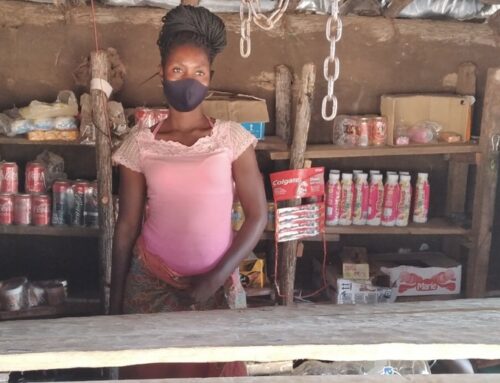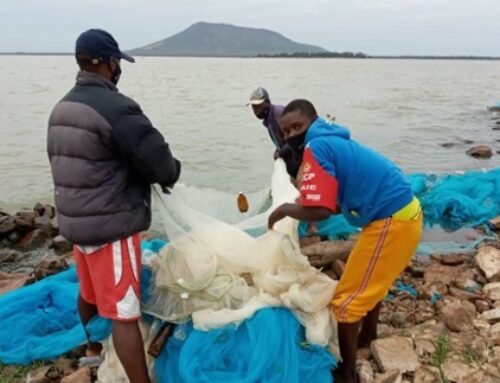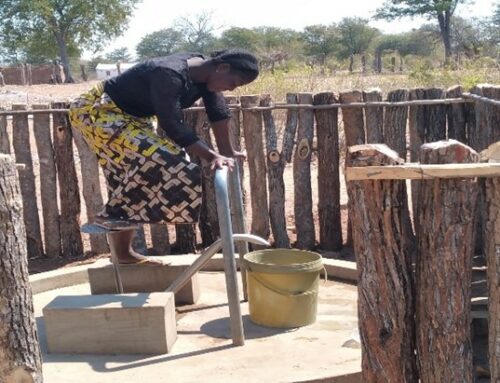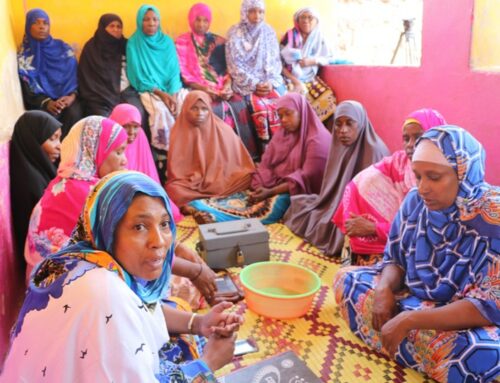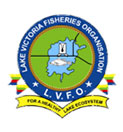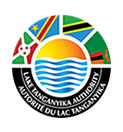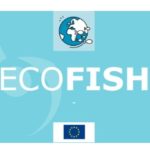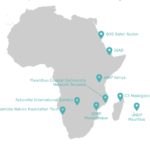“No deal, no fish”… This is a generally accepted axiom within the fishing communities in Zambia. The deal? A sexual transaction, solicited by fishermen, to women who want to buy fish.
No other option
Fish is a natural and highly nutritional source of food for people living along the Zambian riverbanks. However, Zambian rivers are getting depleted and it has become a scarce resource.
To be able to afford it, many women living in fishing communities in the region are blackmailed and have to resort to sexual relations, having no other alternatives to feed and sustain their families… Elisabeth Chileshe, a 30-year-old woman from Kakaro Fish Camp in the Luangwa District, explains:
“Women are being offered sex-for-fish deals even when they have money. There is not much fish stock, but because the demand is high, these covetous fishermen are in power, and they ask for more.”
From transactions to assaults
This situation became the new normal of many women. Even when they refuse, they are generally coerced into giving in. Cristabel Ngosa from Kafue Road Bridge Fishing Camp in Lusaka narrates:
“There is a set modus operandi now. When fishermen want K300 for the fish, but the woman only has a K100 for instance, they will pretend to accept the K100. They will however come back to request the remaining K200, usually in the middle of the night. As you may guess, they also come for the woman. They demand for sex, and even if the lady refuses, she is often forced.”
Another fish trader, Norah Tembo from Ludaka Fishing Camp in Luangwa, attributed the increasing sexual exploitation incidences to the depleting fish population in most local rivers.
Education, key to empower women
According to ActionAid Zambia (AAZ), an organisation established on human rights bases, this trend should be stopped, and the key to do so is by empowering women.
The organisation has made Sexual Harassment, Exploitation and Abuse (SHEA) an essential part of all trainings under the Small-Scale Sustainable Fishing project that it is carrying out along with partners such as Zambia Social Forum (ZAMSOF) and Keeper Zambia Foundation (KZF) with the support of the European Union (EU) through the ECOFISH programme.
During the SHEA-training of trainers launched by AAZ, the participants are enlightened about the definitions of sexual harassment, exploitation and abuse. They are equally informed about their rights, and about the law that regulates those topics.
“Ever since we first heard what SHEA was about, one year ago, the situation got better. Women are free! They can order fish and take them to the market freely, no longer forced to buy in bulk and on credit. Harassment cases have reduced – totally to almost 0%,” Cristabel Ngosa attests.
Aquaculture, a promising solution
The Sustainable Small-Scale Fisheries project also promotes sustainable fishing, farming and aquaculture as an alternative livelihood. The programme trains fishermen, youth and women in integrated fishing and farming, advocacy, SHEA, entrepreneurship and how to peg fishponds.
Aquaculture will not only serve to restore the fish quota in the rivers, but shall also reduce risks of sexual transactions and assault towards women.
